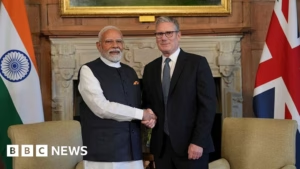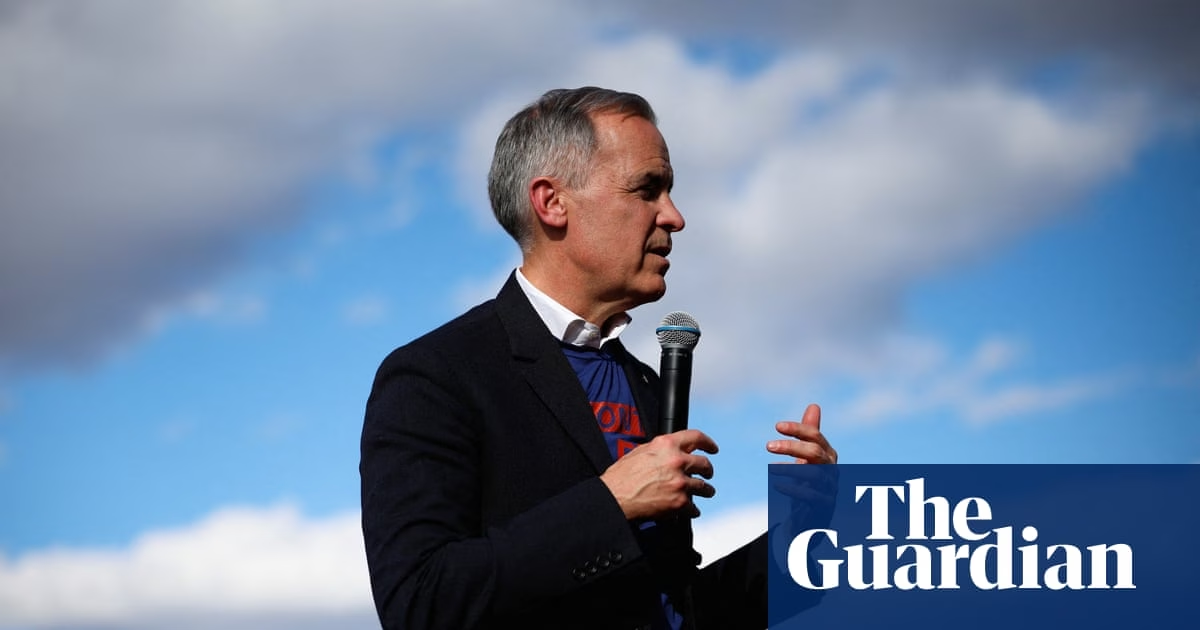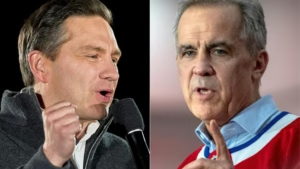Mark Carney, known for his mantra “A plan beats no plan,” has been highlighted by his effective handling of crises. Despite this seeming preparedness, his election victory in Canada was heavily influenced by unforeseen events rather than detailed planning.
A half-year before his victory, the Liberal party was in disarray. Senior members had expressed dissent, calling for Justin Trudeau’s resignation amid fears of potential electoral defeat. Additionally, a petition among grassroots supporters demanded a secret ballot vote on Trudeau’s leadership. The Conservatives, under Pierre Poilievre, capitalized on the government’s weaknesses, particularly regarding housing shortages and the cost-of-living crisis, pressuring for an early election. Polling showed a significant advantage for the Conservatives, with odds of victory exceeding 99%.
Trudeau’s resistance to resign amid calls from within his party and a backdrop of global leadership changes, like Joe Biden agreeing to step aside for Kamala Harris, exacerbated internal tensions. Without a clear successor or strategy to reverse their declining popularity, the Liberal party still faced parliamentary challenges from the Conservatives.
The final push towards change came from within. Chrystia Freeland’s resignation, prompted after being informed she could be replaced by Carney to bolster the government’s economic image, and Donald Trump’s provocative suggestions of US annexation of Canada catalyzed a new political landscape. This unique convergence of external and internal pressures ultimately led to Trudeau’s downfall and set the stage for Carney’s rise.
Political strategist Peter Donolo noted that Carney’s candidacy, under normal circumstances, would have drawn more scrutiny for his mistakes, such as mix-ups during the campaign and past financial decisions involving offshore investments. However, the timing of Carney’s entry into the political arena, following the crisis and without a protracted leadership contest, worked in his favor. This allowed him to rapidly move towards an election, before the Conservatives could fully mobilize against him.
The situation underscores the importance of timing in politics, where unexpected events can drastically alter the course of political careers. Carney’s successful navigation of these unpredictable circumstances highlights both the volatile nature of political landscapes and the significance of being in the right place at the right time.
Source: https://www.theguardian.com/world/2025/apr/29/mark-carney-canada-election-analysis







